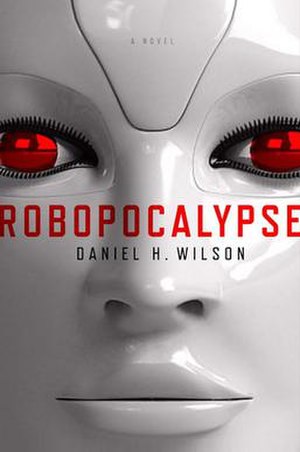the Black Dahlia: Review
"Cherchez La Femme, Bucky. Remember that." The Black Dahlia, by James Ellroy was written in 1987, forty years after the gruesome crime known by the same name. I'll do my best to review the book without spoilers, but since it's based on an actual event, I won't worry too much about that end of it for the intrepid reader.
If you're not familiar with the story, I'll try to briefly run down the plot: the Black Dahlia follows detectives and ex-boxers Dwight "Bucky" Bleichert (our protagonist and narrator) and his partner Lee Blanchard. Together, they are caught up in the mystery of the Black Dahlia, the most notorious and gruesome murder in Californian history, revolving around the horrifying murder of Elizabeth Short, who's corpse was found on January 15, 1947, nude and severed in two with her internal organs removed. She had obviously been tortured, and with this mystery the lives f Bleichert and Blanchard are forever changed.
James Ellroy is a legend in the field of crime fiction, a giant among boys. His prose is exceptional, and his plot building wonderful. Recently I had read (and reviewed here) Raymond Chandler's the Long Goodbye, what is typically known as his seminal work. Before that, and before I had begun writing reviews here, I read Dashiell Hammett's Red Harvest, which I personally preferred. Both of these books were written by the masters of the genre, but in my personal opinion they pale in comparison to the work that Ellroy has accomplished in the Black Dahlia.
The plot isn't action packed, but unlike much of Hammett and Chandler's works, it is still maintains a brisk pace despite the long time frame that it takes place over. Things happen, one after another. Some are obviously connected to the overarching plot, while others seem like side adventures. Ellroy does a masterful job of interweaving these disparate events and plots, seeding both "vital and incidental" (as Holmes would put it) points of data along the way. Unlike the Long Goodbye, you're given all of the information that is required of solving the crime at the same time that our Detective is given it, and as such are able to actually solve the mystery at hand at the same pace that he does.
As I said before, the prose is exceptional, and always left me wanting to read on. That said, this book is absolutely not for everyone. It is graphic in the extreme, both detailing the mutilations that Short had been dealt, and the many sexual acts depicted throughout the narrative. Ellroy explores the very worst of human nature as Bleichert explores the dark corners of Los Angeles in the late 40s in search of the murderer, and for his own purpose. Needless to say, this is not a book for children or the squeamish. Though, perhaps somewhat strangely I found this to be less depressing and a much more fun read than Mockingjay.
Despite this, I found it to be an exciting and fascinating read that took one of the greatest crimes of the century and, while fictionalizing it quite a bit, did so in a way that kept me from really caring that none of this happened. I believed in the ending, and plausibility, in the end, is really one of the most important things to have in a mystery novel. Ellroy, in my mind, has absolutely established himself as one of the preeminent authors of crime and noir fiction, and I am really looking forward to reading the rest of his "L.A. Quartet."
Rating: 8/10









